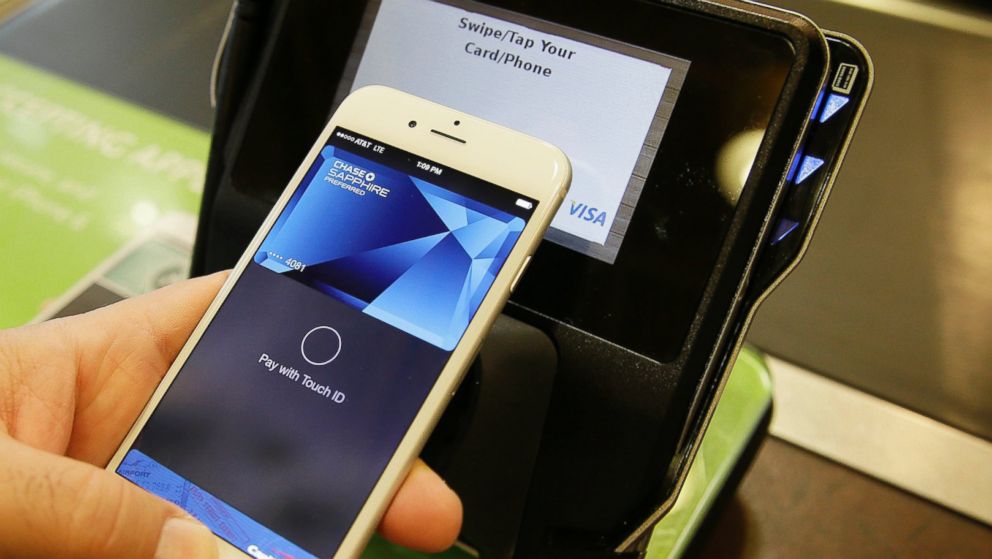Apple Pay Gets Support From the White House
In September, Apple Pay will be available for many government transactions.

— -- Apple Pay, the payment system that is shaping up to be a plastic credit card killer, has received a vote of support from the White House.
Speaking at the White House's cybersecurity summit at Stanford today, Apple CEO Tim Cook announced the payment system, which uses unique one-time codes to keep purchases and financial information private, would be supported for many transactions with the federal government beginning in September.
The move includes everything from federal payments cards to simply paying for admission to a National Park.
"We can imagine a day in the not so distant future when your wallet becomes a remnant of the past," Cook said.
Apple Pay launched in October and is available on the iPhone 6 and iPhone 6 Plus for use in participating brick and mortar stores.
All users have to do is position their iPhone near one of the readers at a store, hold their finger on their Touch ID and they're good to go. The simple, swift checkout motion is made easy due to the the Near Field Communication antenna in the iPhone 6, which connects with the payment point to complete the transaction.
Aside from touting Apple Pay, Cook's speech highlighted the delicate balance the White House and the private sector are trying to strike, at an event skipped by several major tech CEOs.
In an executive order to be signed today, Obama will try to establish lines of communication for companies to share more cybersecurity info with the government—something companies could be skeptical of, amid tensions over privacy in the wake of Snowden’s revelations.
"If those of us in positions of responsibility fail to do everything in our power to protect the right of privacy, we risk something far more valuable than money," Cook said, laying out a vision for a "future that fully embraces both privacy and security."



